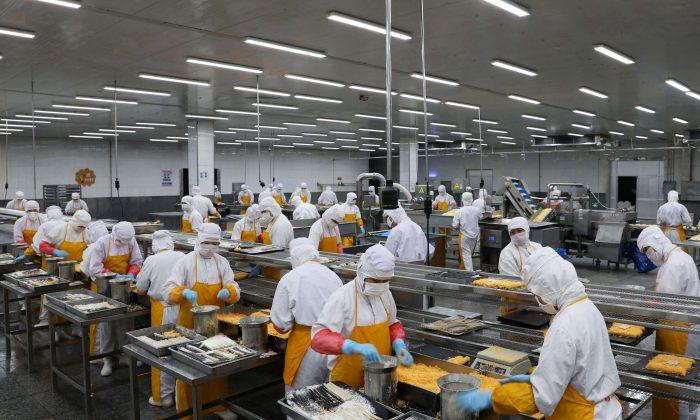Investment and Consumption
Take investment spending. Counter to widespread belief, this metric isn’t cratering—it’s accelerating. The market’s view otherwise is based on official fixed asset investment (FAI), which is not the broad gauge of capital expenditure that commentators often assume it is. A relic of China’s command economy, the FAI metric with its focus on heavy equipment overlooks much investment, especially in new economy sectors like services and retail.By contrast, China Beige Book’s broader gauges of capital expenditure show that in the third quarter investment spending expanded faster in most sectors, not surprisingly led by key industries in the new economy.
Consumption trends are another area of misconception. Market watchers have been behind the curve on the state of Chinese retailing since at least May this year, when official retail sales growth fell to a 15-year low. More timely China Beige Book data show this weakness in official retail sales was primarily a lagged reflection of past softness, which we had reported during late 2017 and early 2018.
China Beige Book’s latest results show retail outperforming yet again, with sales, profits, and hiring all improving. Recent official data have only very recently been playing catch up.
Lastly, the credit environment is also far more active than Beijing would have you believe. In spite of the government having yet to officially reverse its deleveraging policy, our data show corporate borrowing spiked in the third quarter, rocketing to the highest level since 2013.
Underlying Weakness
What is most worrisome, then, is not the conventional story of third quarter weakness, but rather the opposite: that the economy is already seeing boosted levels of borrowing and investment and yet growth is weakening, nevertheless.Like 2015, manufacturing is under fire, with earnings and profits weakening and orders getting crushed, especially on the export side. Notably, this is occurring even before the more recent, larger round of Trump tariffs were imposed.
Moreover, cost pressures are increasing. Inventories are ramping up. And cash flow is suffering across the board, with the third quarter spike in late payments the worst we’ve picked up since late 2015.
In all of this, we see alarming parallels with mid-2015, a period of heightened activity which presaged the China crisis of early 2016.
No similar downturn is pre-ordained, of course. But the headwinds facing the Chinese economy are broader and more intense than anything we’ve seen in the years since. If the tariff war escalates in January, early 2019 may prove far more challenging for Beijing than investors are expecting.

